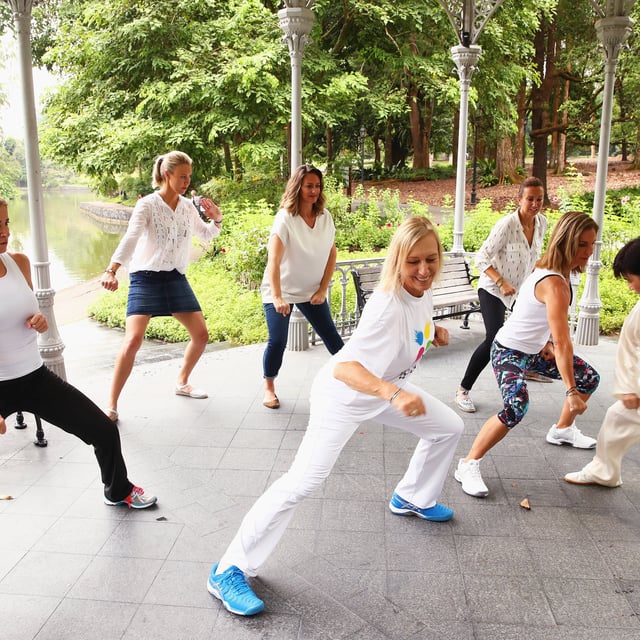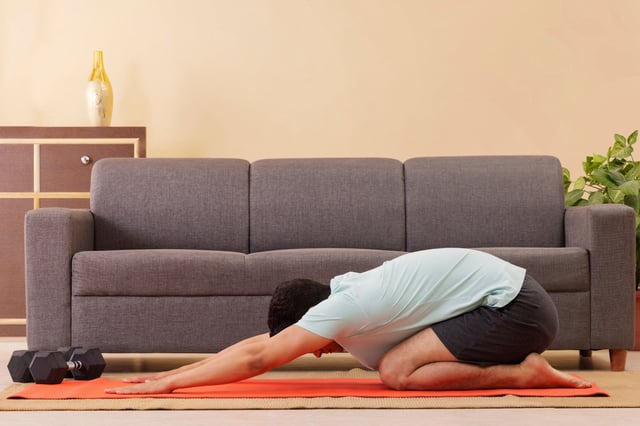Overview
- A network meta-analysis of 22 randomized trials involving 1,348 patients compared 13 insomnia treatments, including seven exercise-based interventions
- Yoga was linked to an average increase of almost two hours in total sleep time and a 15% boost in sleep efficiency, along with a nearly one-hour reduction in wake time after sleep onset
- Tai Chi outperformed existing treatments on both subjective and objective sleep measures for up to two years, reducing poor sleep quality scores, wake time and sleep latency
- Walking and jogging markedly lowered insomnia severity and are thought to aid sleep by reducing cortisol levels and enhancing melatonin secretion
- Researchers urged updating clinical guidelines to recommend these low-cost, accessible exercises as primary therapies and called for larger, high-quality trials to confirm the findings

